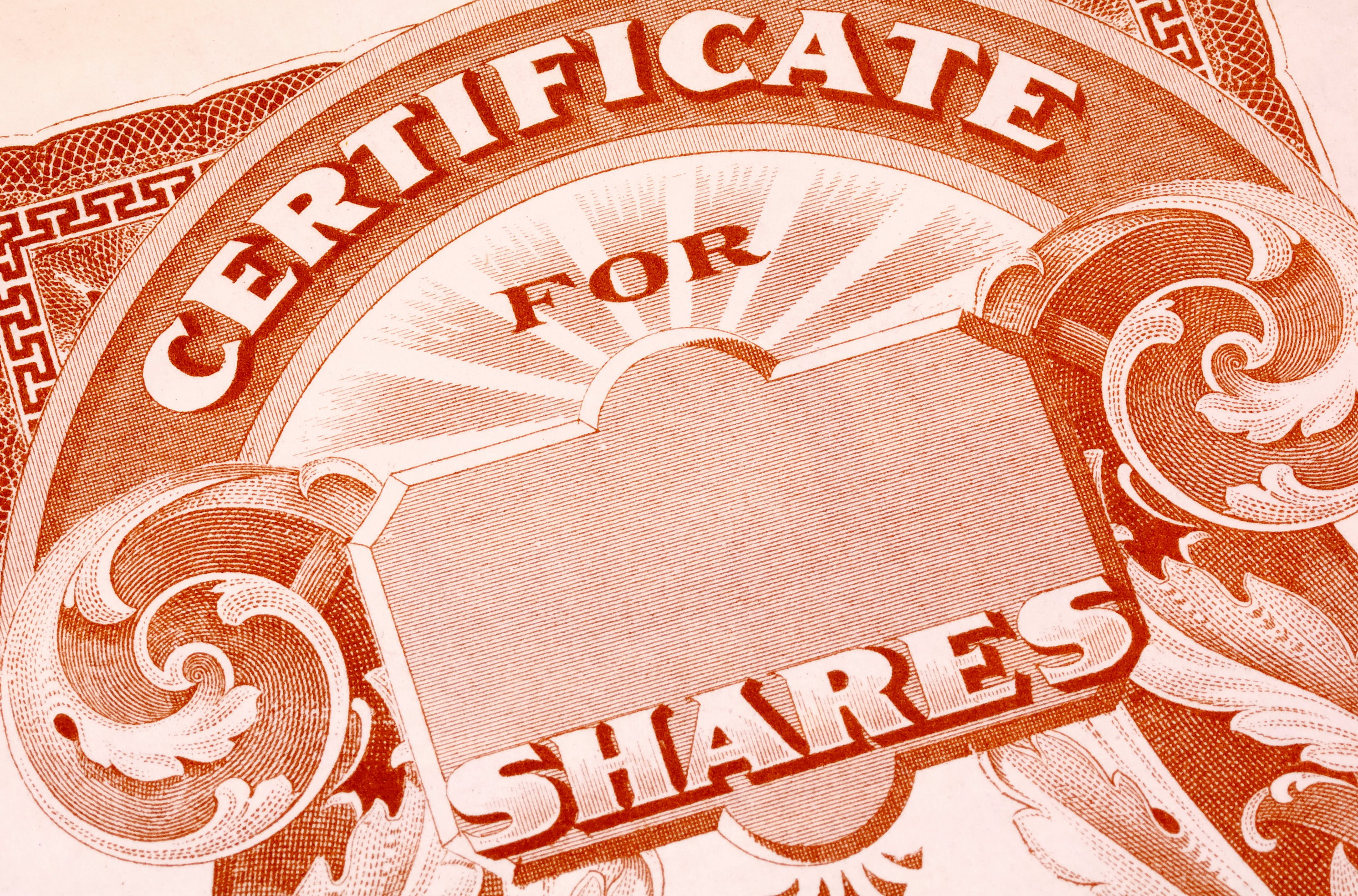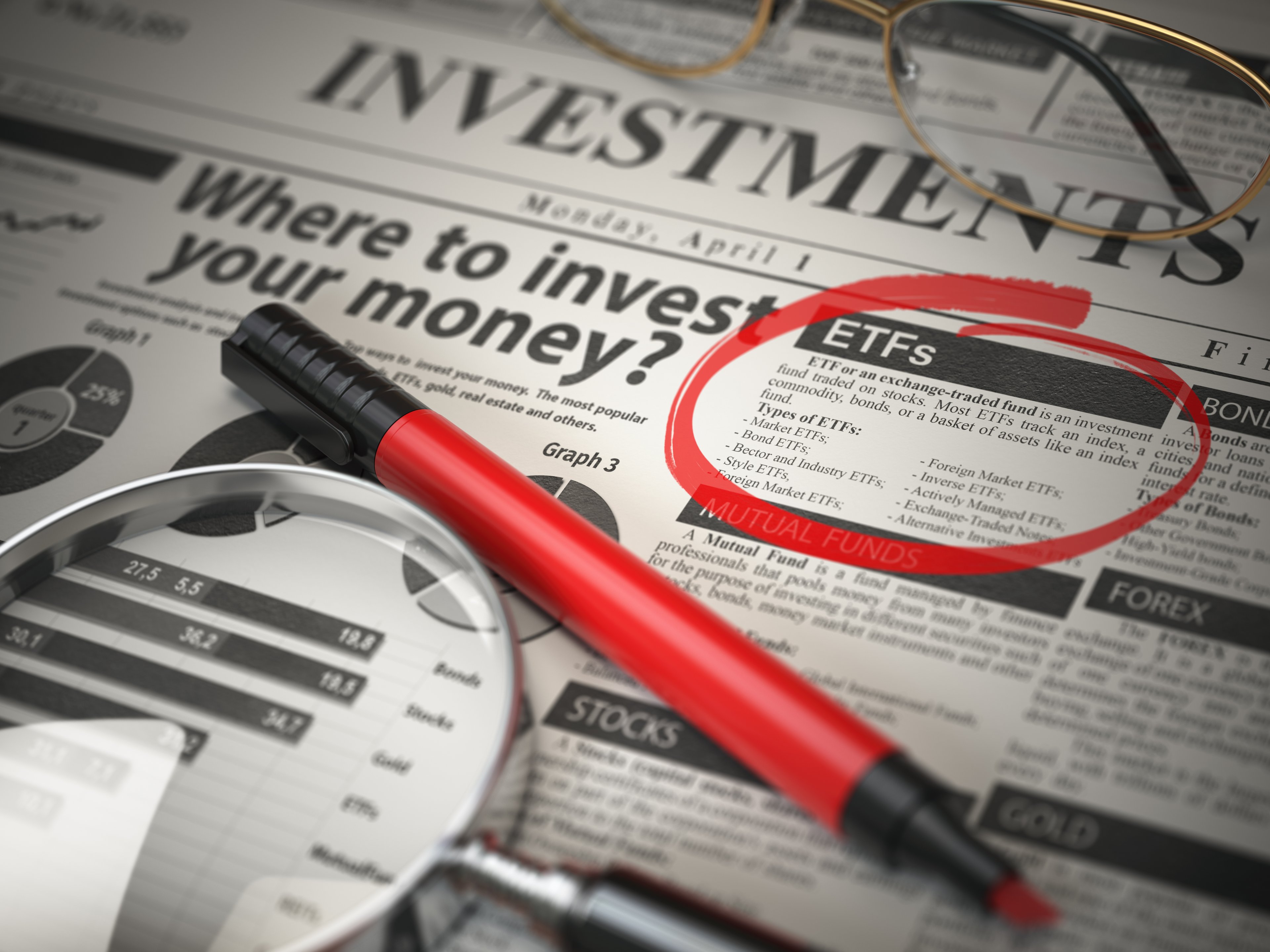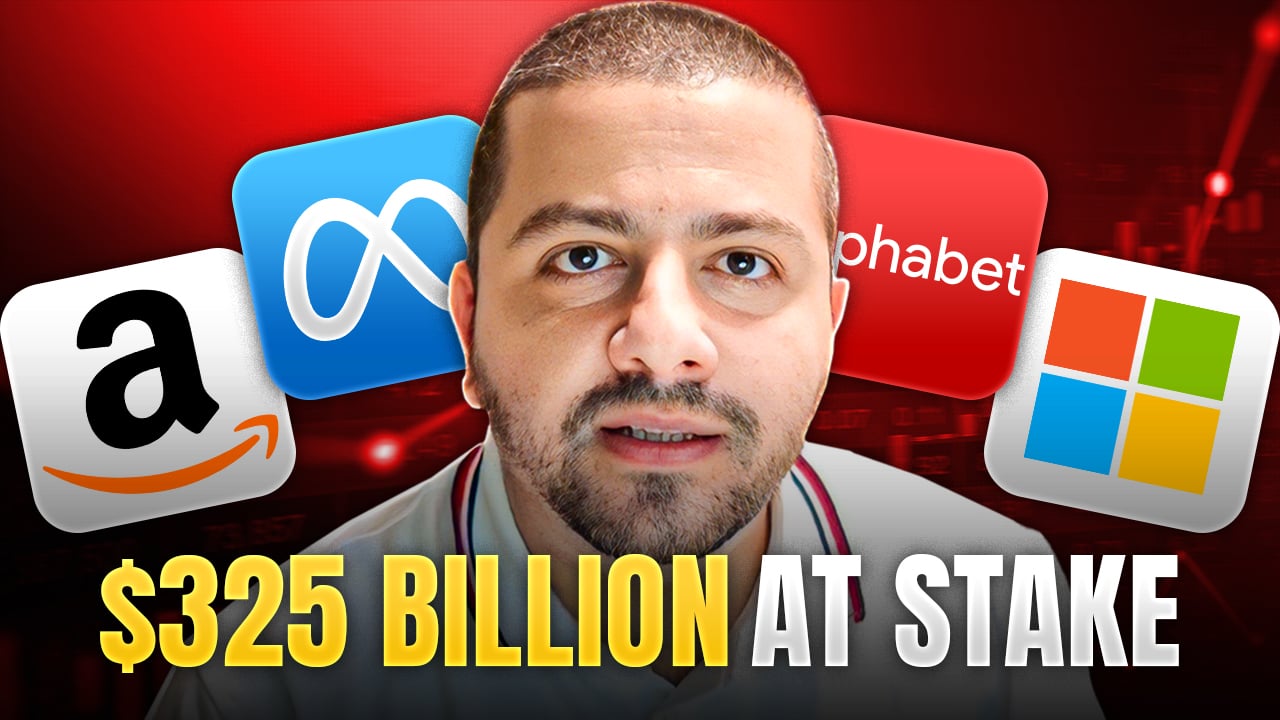Two nights ago on Fast Money, somebody asked the traders which stock they would prefer to own if they had to choose between Facebook (FB +2.30%) and Twitter (TWTR +0.00%) . Sadly, by the way they answered, the traders didn't seem to see much of a difference. However, to both users and investors, there is a huge difference, even though both companies are grouped into the social media bucket. It all boils down to things versus people. Which do you think will be sustainable?
Things vs people
I use all three and have my own thoughts on the issue, but a twenty-something blogger named Emily summed it up much better than I could: "Twitter is for all those things that suck about Facebook." The full explanation (in purple font on pink background) can be found here. These aren't the exact words I would have used, but she does have a point -- it just depends on your perspective. It seems to boil down to things versus people.
Different tools in an electronic toolbox
Twitter is about things, not people. If you like the topics people are discussing, it's a great place to get information and points of view from people you don't know. Since Twitter feels anonymous (even though it isn't), you can feel free to post something to #geekpickuplines (not that I would ever do that) without having to explain it over Thanksgiving dinner. Advertisers use Twitter to reach people who are interested in specific topics, without necessarily understanding the complete demographics of the audience.
Facebook, on the other hand, is relationship rather than topic-based. It gives you more control than Twitter does over who sees the content you publish, but you're also forced to see all the ramblings of your conspiracy theorist cousin. The content is personal, public, and feels permanent. This is the strength, as well as the limitation, from a user's perspective. But, from an advertising perspective, it's fantastic. You can be extremely detailed in the way you target your audience.
Yelp (YELP +0.32%) is a combination of both. It is based on topics, but allows people to create social circles based on that topic. Therefore, the advertising presents smaller opportunities, but higher conversions. For instance, both Facebook and Twitter have shown me ads for Amazon in the last two days, ads that take me to a jewelry promotion. I have never, and will never, buy jewelry from Amazon. Because the link is irrelevant to me, I'm unlikely to click on it next time. Yelp, on the other hand, knows exactly why consumers come to its site and can tailor advertising to the specific search. If a new Chinese restaurant is paying to be promoted locally, and I am looking for a new Chinese restaurant, there's a greater chance of conversion.
It all boils down to valuation over time
Like it or not, investing in all stocks boils down to generating profits per share. As small investors, you buy shares of a company for the same reason that a competitor will buy the whole company. It's all about generating profits that flow through to your, or their, bottom line. Facebook appears to have a crazy valuation at $160 billion for a 10-year-old company. This is the equivalent to the GDP of Romania, but on an earnings-per-share basis, Facebook isn't expensive from a valuation standpoint, if it can earn the $1.25 analysts expect in 2014. There is no earnings support for the other two companies at this point, so investors purchasing shares today are betting that the company will either growth into its operating structure, or management will reduce expenses in the future. Some people are comfortable with that and some aren't, but its something to consider as we head into earnings for Twitter and Yelp.


I don't pretend to know if all, or any, of these sites/services/solutions will be sustainable a decade from now. The point of this article is to offer points of comparison on usability and valuation. As investors, you have to be the judge. After the hype dies down, all stocks are priced on multiples of earnings and cash flow, so don't lose sight of the fundamentals.







